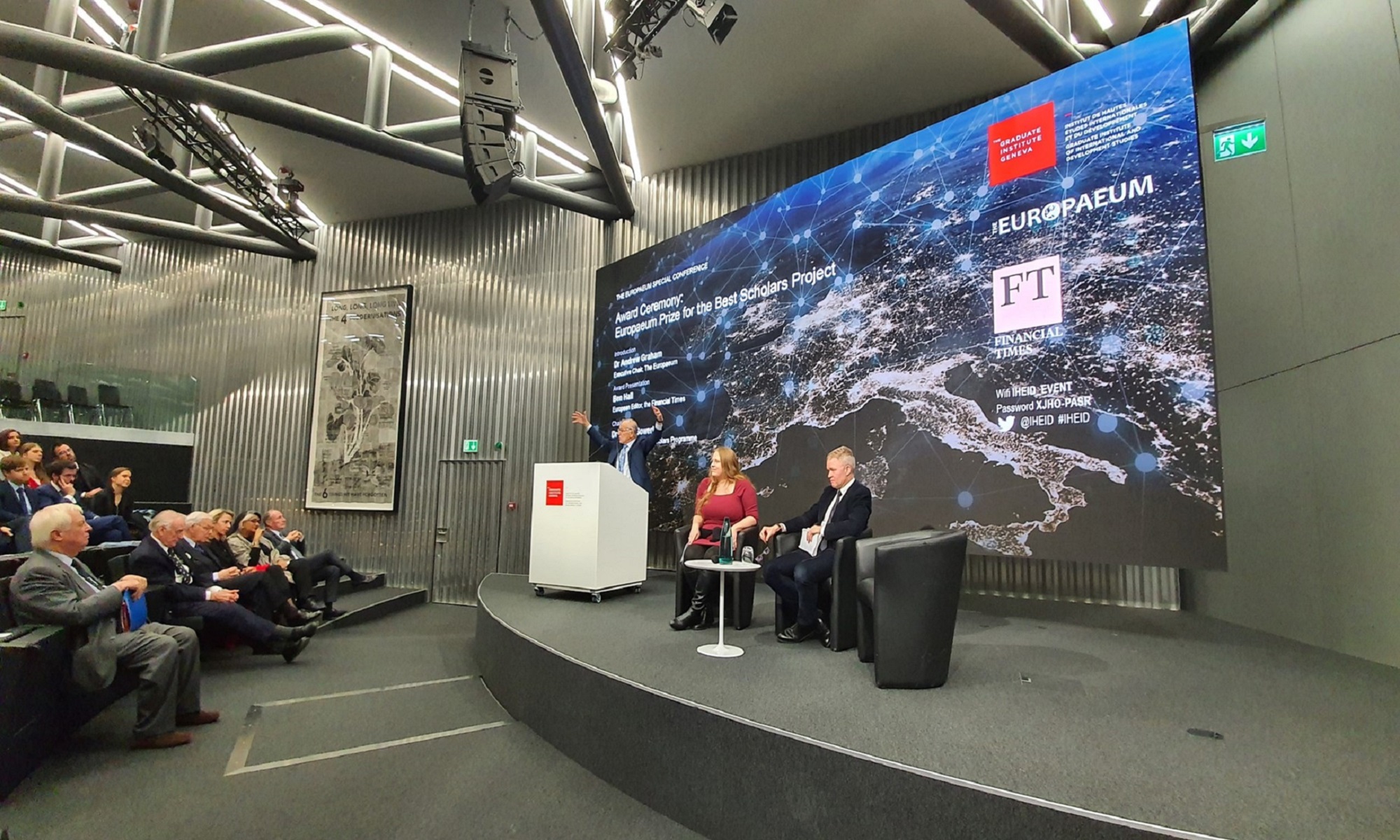Overview
The Scholars Programme takes highly talented doctoral candidates from across Europe who are committed to making Europe a better place and equips them with the knowledge and skills they need to become leading figures in their chosen fields. It deepens their understanding of policy making in Europe, key European institutions, ethical leadership, and the key issues of the day.
The programme is structured so that there is progression through the leadership, ethical, and training strands, as well as enabling organic group project development. The amount of project work per module increases proportionately as the programme progresses. On completion there may be possibilities for group projects to be published or presented to international bodies.
It is a demanding programme. Successful applicants are expected to attend all modules in full and so potential applicants should make sure they know about the commitment that this programme requires.
Programme outline, 2024-2025
More detail on the topics covered by the first three cohorts can be found below. You might like to read examples of group projects undertaken by the first three cohorts. Our FAQs provide answers to common queries.
An outline of the programme for the first three cohorts of Scholars can be seen below. What will be provided in 2024-2025 will follow a very similar structure. Each module lasts between 3 and 5 days.
You can also read what some of our alumni thought about the programme. From Cohort 3, Hadil Louz, Sašo Gorjanc, and Florence Felsheim all at the University of St Andrews described their experiences of the first year of the Programme. In addition to them, you can read about Keith and Alix’s reflections, both from Freie Universität, Berlin, as well as Iris and Iris’ for the Complutense University of Madrid. Two of our Cohort 2 Scholars, whose experience of the Programme was almost entirely online due to the COVID-19 pandemic, also wrote about their experiences of the Programme: Nils Renard of Paris 1 Panthéon-Sorbonne University and Lukas Spielberger of the University of Leiden.

